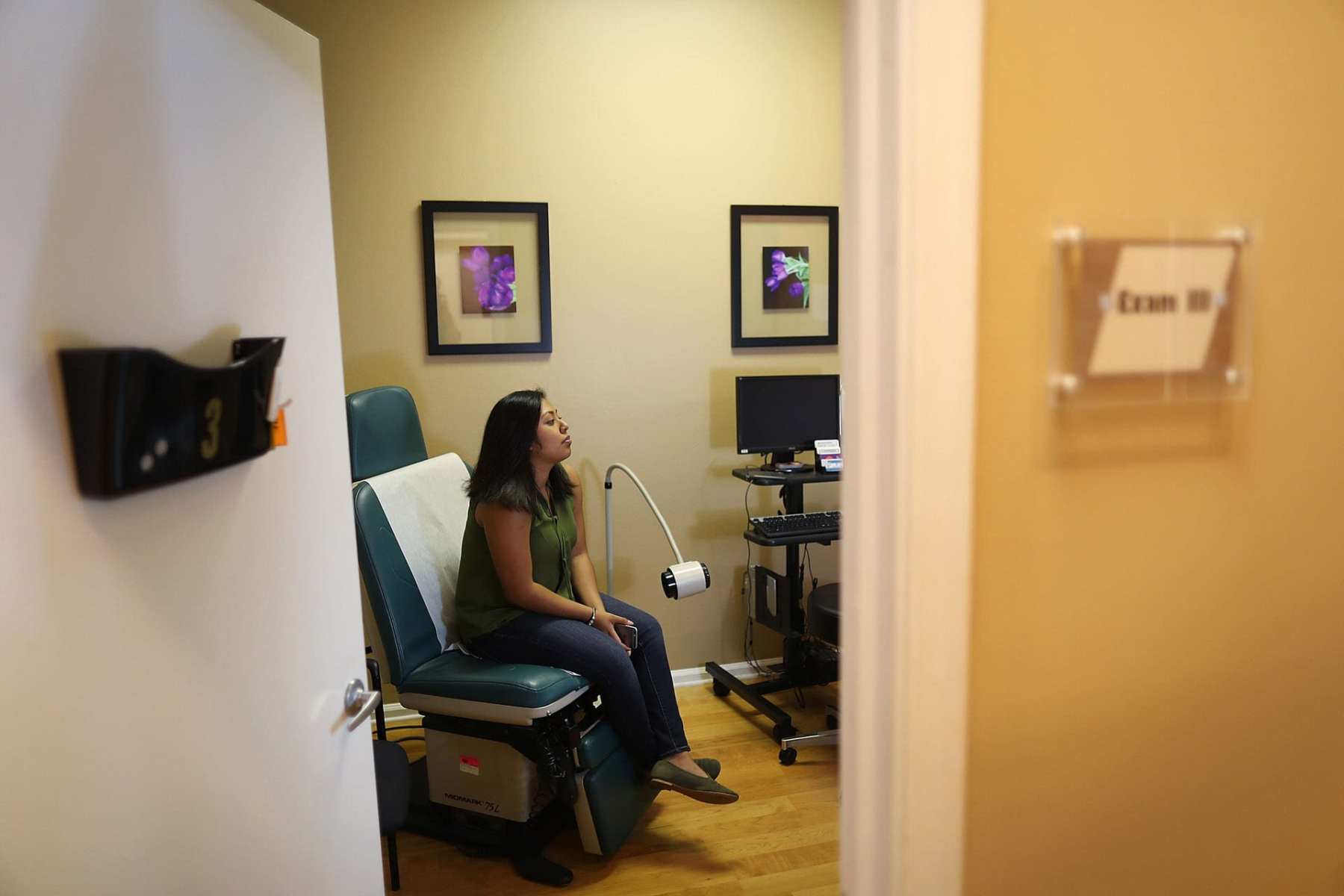Democrats’ projected dual victories in Georgia give President-elect Joe Biden a slim congressional majority to govern — and when it comes to his health care priorities, the implications could be substantial.
Following Tuesday’s runoff elections, in which Democratic candidates Raphael Warnock and Jon Ossoff both beat Republican incumbents, Democrats will have a one-vote majority in the Senate (Vice President-elect Kamala Harris will be the deciding vote), control of the House of Representatives and the power of the executive branch.
The new Senate majority means lawmakers will be more likely to at least vote on Biden-backed health care proposals, which would disproportionately affect women and LGBTQ+ people. But it won’t necessarily be enough to enact some of the sweeping proposals Biden campaigned on, especially if Democrats don’t move to minimize or eliminate the role of the filibuster in passing legislation, which effectively requires 60 votes — not 51 — to get most legislation passed.
For instance, Biden promised to codify the abortion protections in Roe v. Wade, which experts agree remains an uphill battle. He also promised to enact a so-called “public option,” which would create a government-provided health insurance option to expand coverage.
That change that would disproportionately affect women, who are more likely to cite cost as a reason they can’t afford health care. But there is debate over whether that could be achieved through a process called reconciliation, which requires only 51 votes in the Senate to enact a change, so long as it is considered “budget-neutral.” If it cannot be passed through that process, that would also remain a long-shot.
Still some policies may be easier to enact, through reconciliation or through bipartisan legislation. For instance, there is potentially enough bipartisan support to pass meaningful legislation to tackle pregnancy-related mortality, an area where the United States ranks well below other wealthy nations, said Cynthia Cox, a vice president at nonpartisan health care research group the Kaiser Family Foundation (KFF).
Other changes could squeak through even with a 51-vote majority — including smaller but still substantive changes to the Affordable Care Act that could make insurance more available and affordable for women and gender minorities.
“A unified government could mean substantial changes to the ACA are possible for the first time since it passed over a decade ago,” Cox said. “When Republicans had a unified government in 2017, they couldn’t agree on how to repeal and replace the ACA. Democrats have shown more unity when it comes to how to fix the ACA.”
For one, Cox said, Democrats could enhance subsidies for people purchasing health insurance through the marketplace — providing tax breaks to make private insurance more affordable both for low-income people and those in the upper-middle income bracket who still can’t afford a health plan. Democrats could also extend those subsidies to people who get insurance at work, but who might benefit from a more generous marketplace plan.
Those changes “even without the public option, would lower costs for just about everyone,” she said, especially women who are more likely to earn less and to face financial barriers when it comes to purchasing affordable health insurance.
In a tweet Tuesday night, Larry Levitt, another KFF vice president, listed a few easier changes Democrats could pass as part of the budgetary process, which only requires 51 votes — many of which would have outsized implications for women, who are more likely to shoulder many of health care’s financial burdens, and who disproportionately benefited from the ACA.
Among those changes, Democrats could empower the government to negotiate for lower drug prices (women are more likely to skip prescription drugs because of cost), and to put forth financial incentives for states to expand eligibility for Medicaid, an optional component of the ACA that would especially affect pregnancy-related health. None of those proposals made it to the Senate floor in the past four years.
Medicaid covers almost half of all the country’s births, and research shows that when states expand eligibility, pregnant people are less likely to lose their coverage after giving birth — meaning they are more likely to continue getting needed health care. The expansion particularly benefits Black and Latinx pregnant people, who are more likely to be covered through Medicaid.
“You can’t afford health care without insurance coverage, and you want to keep people covered so they can have access to postpartum care,” Sara Rosenbaum, a professor of health law and policy at George Washington University, previously told The 19th.
If a bipartisan bill on pregnancy-related health doesn’t pass, Democrats could use budget reconciliation to extend Medicaid eligibility after giving birth, Cox said.
Currently, Medicaid coverage ends after six weeks postpartum — even though many suffer complications well into the first year after giving birth. Extending eligibility to a year postpartum could help ameliorate the national pregnancy-related mortality crisis.
Congress could also pass legislation that would effectively eliminate California v. Texas, a pending Supreme Court case to undo the ACA, by changing the tax penalty levied on people who do not have health insurance. The court case is based on Republican legislation that set the tax penalty to $0 — a change, some Republican states argue, that eliminates the penalty and means the rest of the law must be struck down, too.
If the court agreed with those states, and eliminated the ACA, that would get rid of the law’s protections for women and LGBTQ+ people. The law is the basis of expanded Medicaid eligibility and prohibited health plans from charging more to insure people with pre-existing medical conditions — a change that particularly benefited women and transgender people.
The law also required that health insurance plans cover contraception without cost-sharing, pregnancy-related care, prescription drugs and mental health care — all areas with disproportionate gendered impact. Additionally, it prohibited health care discrimination based on gender identity.
“This has the potential to make a very big difference for health care access and continuity, if for no other reason than to preserve the ACA,” Cox said.





